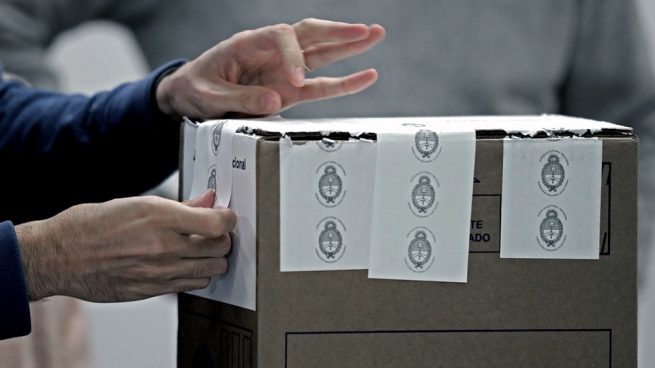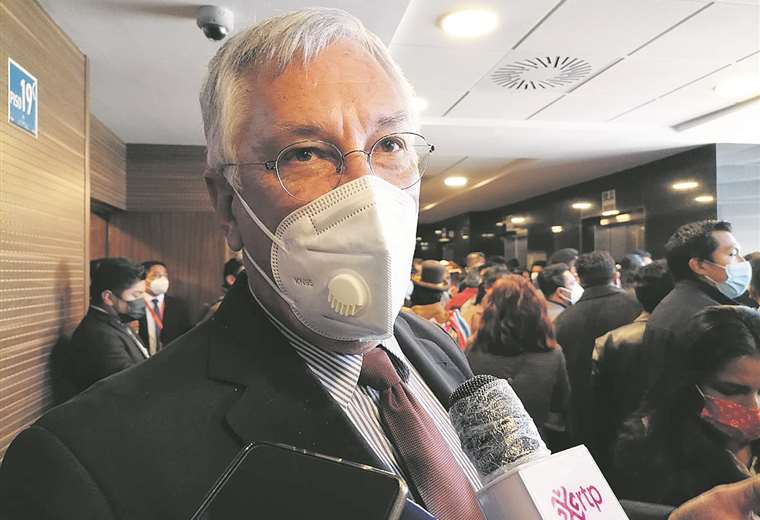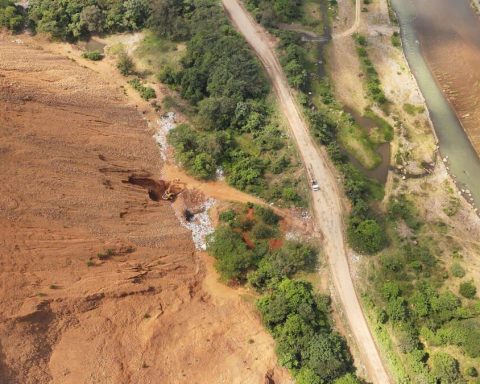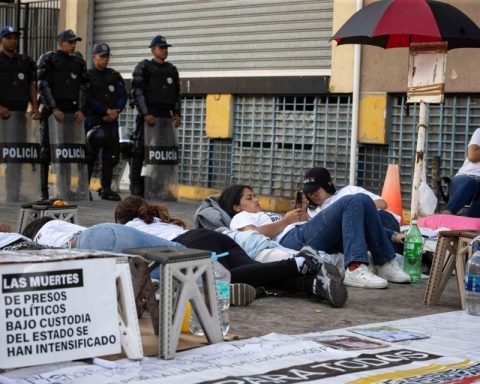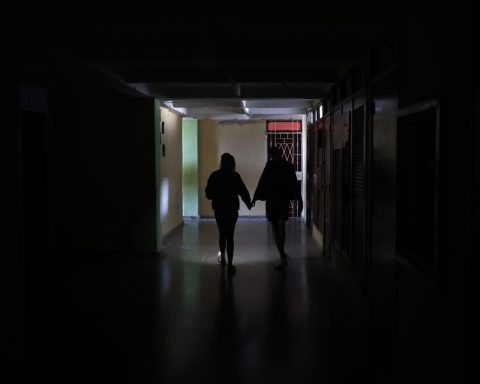The Legislature of Buenos Aires deals this Thursday in ordinary session with the appointment of the first electoral judge that the City of Buenos Aires will have, a position that was created in 2018 for the administration of justice and resolution of conflicts that occur during the elections of local authorities.
The nomination was sent to Parliament by the Council of the Magistracy of Buenos Aires weeks ago, for the appointment as judge with electoral competence of Roberto Requejo, a career man in the Judiciary of the City of Buenos Aires.
The appointment of Requejo, meanwhile, will require at least 31 votes during the ordinary session, an amount that the official block of Together for Change exceeds by one, by which it is estimated that it will be approved.
According to the Buenos Aires Electoral Code, sanctioned in 2018, the elections in the City must be administered by a Management Institute and an Electoral Court, which must be made up of three judges: the electoral one, one from the Contentious, Administrative and Tax Jurisdiction and the rest of the Criminal, Misdemeanor and Misdemeanors.

The other two places have already been approved by the Judiciary after the appointment of Romina Tesone, for the first jurisdiction, and Rodolfo Ariza Clerici, for the second.
In the case of the Court, it could begin to function in the 2023 elections after the appointment of Requejo, who will complete the list.
In this way, the electoral competition in CABA will no longer be in the hands of the federal judge María Servini de Cubría to pass to the Buenos Aires orbit.
The appointment of the judge will be key for the upcoming elections, since he will be the one who defines the complaints that may arise in the face of the officialization of the lists and of the candidates for the positions that will be put at stake, such as the head of the Buenos Aires government.
